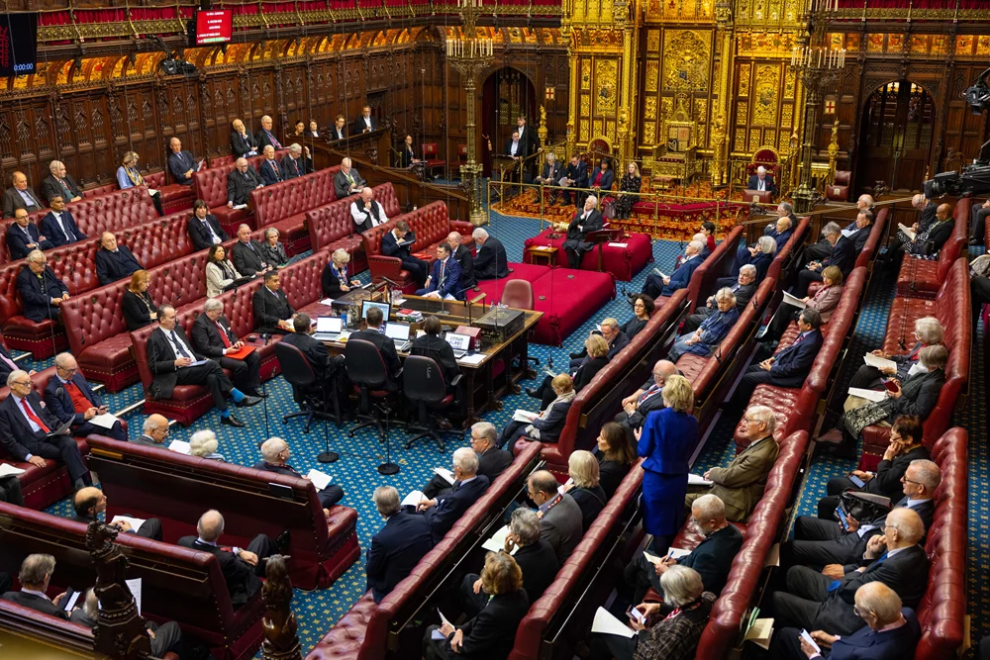LABOUR is gearing up for a substantial overhaul of the House of Lords, with reports indicating a bold move to eliminate all hereditary peers from the upper chamber. According to insights from the Financial Times, this proposed shake-up could mark a significant stride toward a more democratic governance structure.
Under the reported plans, the 92 hereditary lords currently occupying seats in the House of Lords would face eviction from their positions. However, in a gesture of compromise, they would still retain access to the esteemed Palace of Westminster, ensuring their continued presence in Parliament’s social spheres, including bars and subsidised restaurants.
The Labour Party’s stance on the House of Lords has been resolute, with Sir Keir Starmer denouncing it as “undemocratic.” Past proposals from notable figures such as former Prime Minister Gordon Brown have advocated for a complete overhaul, envisioning an elected chamber that mirrors the diverse tapestry of the UK’s regions and nations.
While Labour’s commitment to reforming the House of Lords has been steadfast, recent indications suggest a potential delay in implementing these changes if the party were to secure a mandate in government. However, fresh insights from the Financial Times suggest a renewed vigor within Labour’s ranks to push forward with substantial changes to the upper chamber.
The proposed reforms, although yet to be finalised, aim to dismantle the age-old system that sees aristocratic families passing down peerages through generations, effectively inheriting seats in Parliament’s revising chamber. This move would not only signal a break from tradition but also pave the way for a more meritocratic selection process within the House of Lords.
Currently, hereditary lords, like their appointed counterparts, are entitled to claim a daily attendance allowance of £342. With over 800 members in the House of Lords, the 92 seats allocated for hereditary peers have been a topic of contention since the Blair government’s reforms in 1999, which significantly reduced their numbers.
Politically, this proposed shake-up could yield dividends for Labour, as the majority of hereditary peers—47 in total—are affiliated with the Conservative Party, leaving only a handful under the Labour whip.
A Labour spokesperson emphasised the party’s commitment to abolishing the House of Lords, framing it as a crucial step toward a more regionally and nationally representative second chamber. They underscored the need for prioritisation, acknowledging the challenges an incoming Labour government would face but assuring that significant reform of the chamber would be a cornerstone of their first term agenda.
















